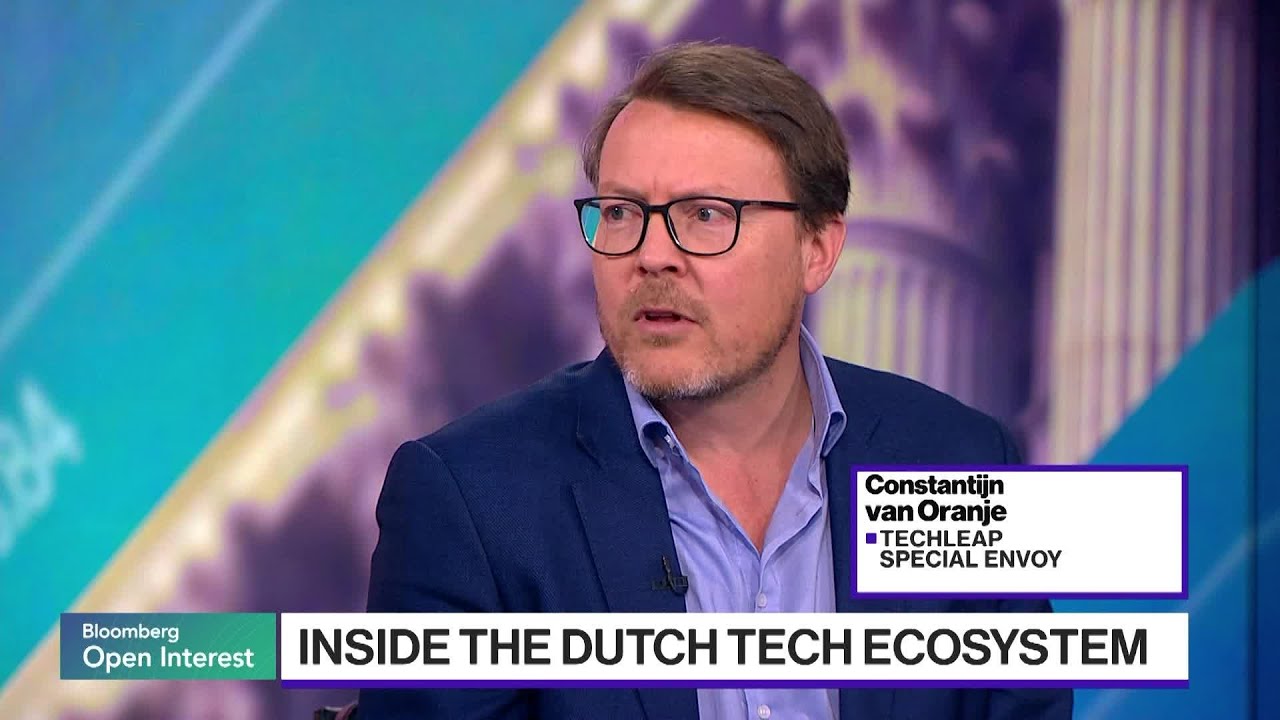Prince Constantijn of the Netherlands discussed the current volatility in the IPO market and the increasing selectivity of investors, emphasizing the importance of companies demonstrating long-term value, particularly in the tech sector. He also highlighted the critical role of AI in business adaptation and the ongoing challenges in energy sustainability, noting that despite market uncertainties, there are still opportunities in green technology.
In a recent discussion, Prince Constantijn of the Netherlands shared insights on the current state of the IPO market and the technology landscape, particularly in New York. He noted that while there is significant interest in technology, the markets have been experiencing volatility, leading to uncertainty regarding IPO opportunities. He expressed hope that the IPO window would reopen, emphasizing the enthusiasm among companies to engage with U.S. investors, as the U.S. remains a crucial market for growth.
Constantijn highlighted the changing investment environment, noting that investors are becoming more selective in their choices. Unlike the previous year, where there was a more abundant flow of capital, the current market demands a focus on companies that can demonstrate long-term value. He pointed out that many Dutch companies, which often operate under the radar, have strong fundamentals due to their bootstrapping efforts and careful value proposition development.
The conversation also touched on the role of artificial intelligence (AI) in business today. Constantijn remarked that companies that are AI-native or are applying AI in their operations are in high demand. However, he acknowledged that many businesses that previously thrived without AI now face challenges in adapting their models to incorporate this technology. This transition is critical for companies that have received substantial funding in the past but now need to pivot to remain competitive.
When discussing the path to IPO, Constantijn emphasized its importance, although he noted that many European companies might consider mergers and acquisitions as viable exit strategies. He mentioned the recent IPO of CarNot as a potential catalyst for more IPOs in the future, despite the current inactivity in the market. He also pointed out that companies are currently more focused on serving their customers and adapting to market needs rather than planning for an IPO in the near term.
Lastly, the discussion shifted to energy sustainability and green technology. Constantijn stressed the necessity of reducing dependence on fossil fuels and acknowledged the challenges faced by solar and circular plastics companies due to fluctuating support policies and low prices from competitors. He emphasized that while there are inconsistencies in policy support, diversifying the energy mix remains a priority, and many companies are still entering the green technology space, indicating ongoing opportunities despite the challenges.
